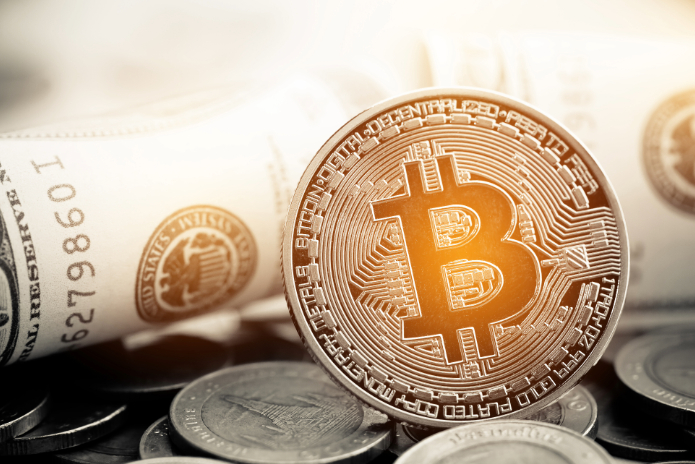According to the survey of Bitso¹, a crypto-based financial services company, an investment of US$ 1,000 in bitcoin would have yielded US$ 1,981 in the last 12 months (corresponding to about R$ 11 thousand in the dollar quotation on July 21, 2025), an appreciation of 98.1%, the best performance when compared to another 15 investment alternatives analyzed in the same period.
In a scenario of global economic instability, geopolitical tensions and revaluations in monetary policies, bitcoin led the ranking of best yield in the last year among important market assets such as stocks, funds, commodities, bonds, currencies and other cryptocurrencies. Reinforcing its position as a solid alternative of portfolio diversification, now in direct competition with traditional options, bitcoin was ahead of assets such as gold (+39%), silver (+25,3%), coffee (+21,5%), and also the main indicators of the Brazilian economy, such as Ibovespa (+11, Petrobras 11, Petrobras-T131,7T13).
The valuation of the largest cryptocurrency in the world is accompanied by an important institutional movement. BTC, which in recent days has hit a new historical record (ATH, acronym in English), surpassing the US$ 123 thousand, has been driven by some factors such as increasing institutional adoption, regulatory optimism and the consolidation of bitcoin ETFs in the United States. “Cryptocurrencies are no longer a second option for investors. They are today at the same level as large traditional assets and, in many cases, offer superior performance, with the differential of global liquidity and decentralization”, comments Barbara Esper, Country Manager of Bitso.
Brazilian regulation strengthens investor safety
Brazil has been consolidating itself as one of the most structured markets in Latin America in the use and regulation of cryptoassets.The advancement of debates on the Central Bank guidelines for exchanges, even in the face of recent tax controversies, have contributed to maintaining confidence in relation to strengthening legal certainty for companies and investors, both institutional and retail.
In addition to the expanding regulatory framework, data from Chainalysis² show that 60.7% of crypto activity in Brazil today occurs through centralized exchanges, which demonstrates the confidence of Brazilians in platforms that adopt robust governance, compliance and alignment practices with the traditional financial system. The global average use of centralized platforms is 48.1%, which positions the country above the international average and reflects a more regulated and transparent market.
Bitcoin consolidates as a key player in modern finance
“With a performance that has outperformed important traditional assets in the last year, bitcoin reinforces its position as a key player in current investment strategies.Growing institutional buy-in, regulatory maturity, especially in Brazil, and increased investor confidence are clear signs that crypto assets have not only gained legitimacy, but already occupy a central space in the future of” finance, adds Barbara.
The executive points out that, for the coming months, the expectation is that the combination of technological innovation, stable regulation and expansion of everyday use will continue to strengthen the role of BTC and other digital assets in the portfolios of individual and institutional investors.


